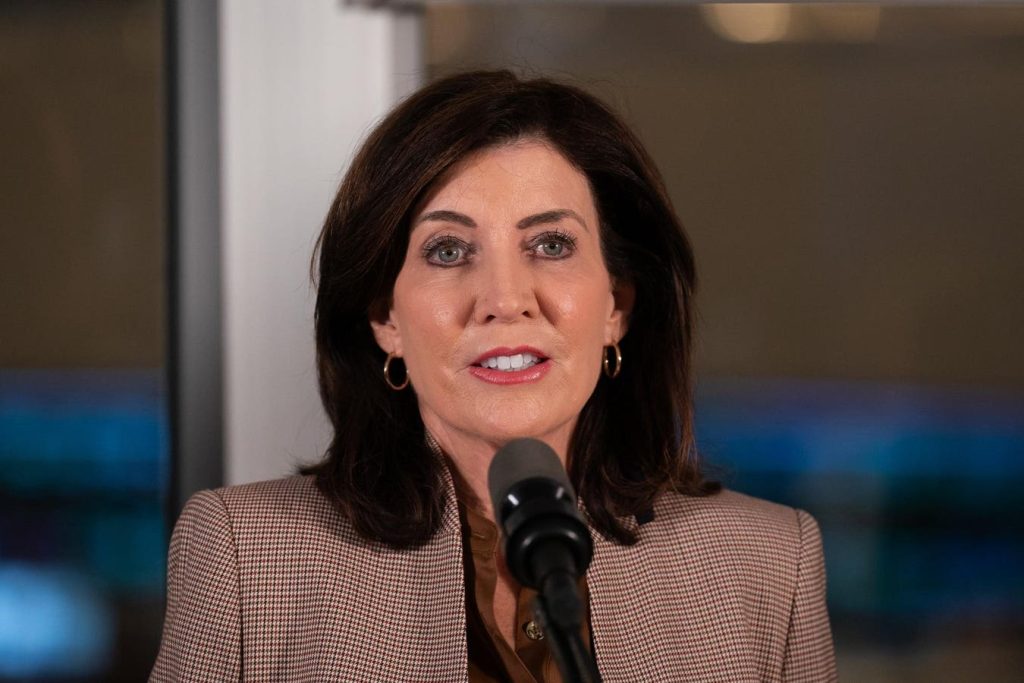Governor Kathy Hochul of New York has decided to “indefinitely pause” congestion pricing in Manhattan, much to the outrage of the climate community. This decision has raised questions about the potential political considerations behind the reversal. Some speculate that it may be tied to helping Democrats win the House in the 2024 elections and eventually support a more aggressive federal-level climate policy.
Transportation is a significant source of local air pollution and global carbon emissions, making it essential for people to drive less and utilize public transit, biking, or walking instead. Governments can support these efforts with demand-side measures such as gasoline taxes and tolls, along with supply-side measures like investing in mass transit. New York had planned to use congestion pricing to support mass transit and combat greenhouse gas emissions, with the hope of setting an example for other cities to follow.
The decision to pause congestion pricing just weeks before its launch in June has drawn criticism, especially since the Metropolitan Transportation Authority had already invested significant funds in implementing the system. Governor Hochul initially defended the policy, highlighting the benefits of reducing traffic congestion and emissions. The sudden reversal was attributed to concerns raised by diner owners, who feared that tolling costs would hinder the city’s post-pandemic recovery.
Speculation suggests that the pause may be linked to federal politics, with Governor Hochul visiting the White House before making the decision. It is believed that congestion pricing could have negatively impacted the perception of Democrats ignoring the economic challenges faced by the working and middle class. As Democrats aim to regain control of the House in the 2024 elections, pausing congestion pricing might have been a strategic move to win back key seats in suburban districts where the policy is unpopular.
While congestion pricing is a beneficial policy for public health and climate goals, the political landscape can often influence decision-making. The controversy surrounding the pause in New York’s congestion pricing highlights the challenges of enacting policies that benefit the greater good but impose costs on specific communities. To move forward with climate progress, governments must address the concerns of communities impacted by these policies and work towards finding solutions that are equitable and effective. It is a reminder that navigating policy decisions in the climate transition requires understanding and addressing the real drivers of opposition.


